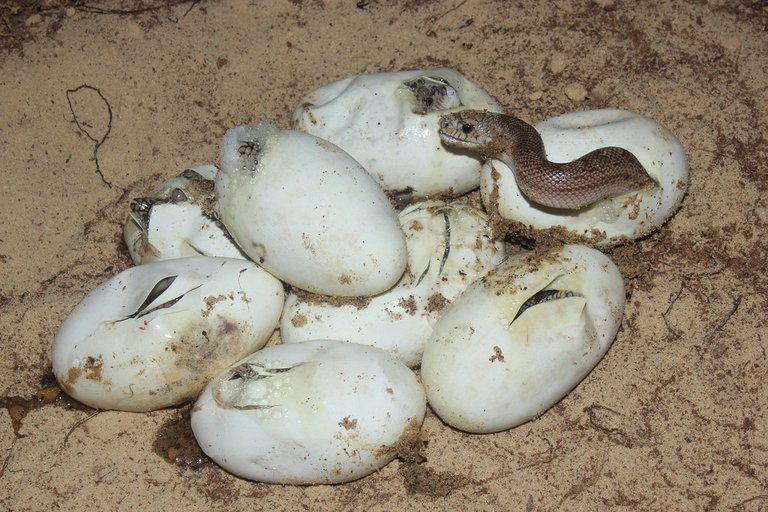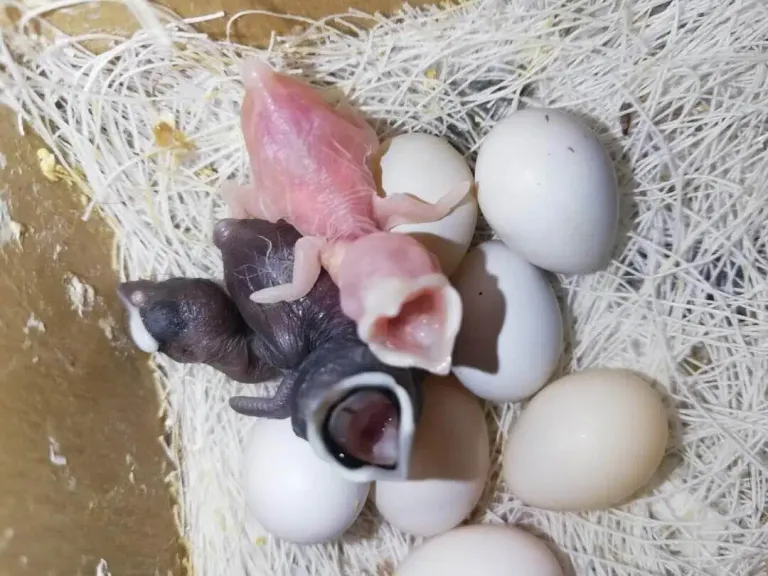There are a lot of milestones in ones life and if you look at your life, you must have passed through a lot of milestones. That time you celebrated your one year old birthday, the time you got into junior school or high school, when you got to the university, graduated from it, did your professional course, or practical housemanship, and so on but in all this, there is one milestone that amazes me and that’s the hatching of eggs. While we might not have a visible egg since we do not lay our eggs, it still resonate with us as well.
How do animals in eggs know when to hatch from their eggs, do they have a timer, do they just sit there counting days and weeks or do they just wait for the right moment? How does hatching take place and how do the young animals in the eggs know when to hatch?
For some animals, the embryo might remain there for a long time unless their parents give them somewhat like a support or a charge to hatch while some do it on their own but scientists have learned that while the embryo isn’t familiar with our world, it can sense the world around it thereby helping it to know when to hatch and when not to but what could be a good time for one animal won’t be for another. For instance a perticular weather could be good for animal while it would be a period to not hatch for another due to predators and so on.
Some organisms, for the purpose of survival hatch at the time they find suitable for instance, Phagocata gracillis (fatworm) feed on streamside salamander’s lavae so when they hatch, the flatworms go there to feed on the small ones but the big ones are able to overcome such attack. With this, the salamaders would prefer to hatch late to be able to survive and scientists learned that they can delay their hatching if they sense flat worms in their environment.
Depending on the environmental conditions, eggs can hatch either early or late. The hatching time and right condition to hatch depends on the organism and what they are going to adapt to. Some organisms will hatch early to prevent predation, some would hatch late to prevent the same predation. Some organism will hatch early to prevent the egg from drowning and getting spoilt, other would delay to get the right atmospheric condition and pH.
The science behind hatching is still very much unclear athough scientists are doing a lot of research and have been able to tie Thyrothropin-releasing hormone (TRH) to hatching in organisms like fish although we cannot be certain that it is in all fish. Although while the hormone is the hormone of choice is not clear yet, and what triggers the hormone production is not clear.
For now we know that animals hatch at different times due to different reasons and there are a lot of players that are responsible for the hatching of these animals. Hormones, vibration, and so on. There are a lot of factors in play when hatching is concerned but for now, we know ghey do not just sit and hatch, a lot is done to ascertain their survival.
FOR FURTHER READING
https://www.journals.uchicago.edu/doi/epdf/10.1086/285583
https://pmc.ncbi.nlm.nih.gov/articles/PMC6283037/
https://www.bu.edu/bostonia/summer15/escape-hatch/
https://international.huji.ac.il/news/how-fish-choose-their-birthday
https://www.researchgate.net/publication/251399344
https://pmc.ncbi.nlm.nih.gov/articles/PMC42196/
https://www.sciencedirect.com/science/article/abs/pii/S0003347205000898
https://pubmed.ncbi.nlm.nih.gov/39636978/
https://www.cell.com/current-biology/fulltext/S0960-9822(18)31490-8
https://www.science.org/doi/10.1126/science


Thanks for your contribution to the STEMsocial community. Feel free to join us on discord to get to know the rest of us!
Please consider delegating to the @stemsocial account (85% of the curation rewards are returned).
Consider setting @stemsocial as a beneficiary of this post's rewards if you would like to support the community and contribute to its mission of promoting science and education on Hive.